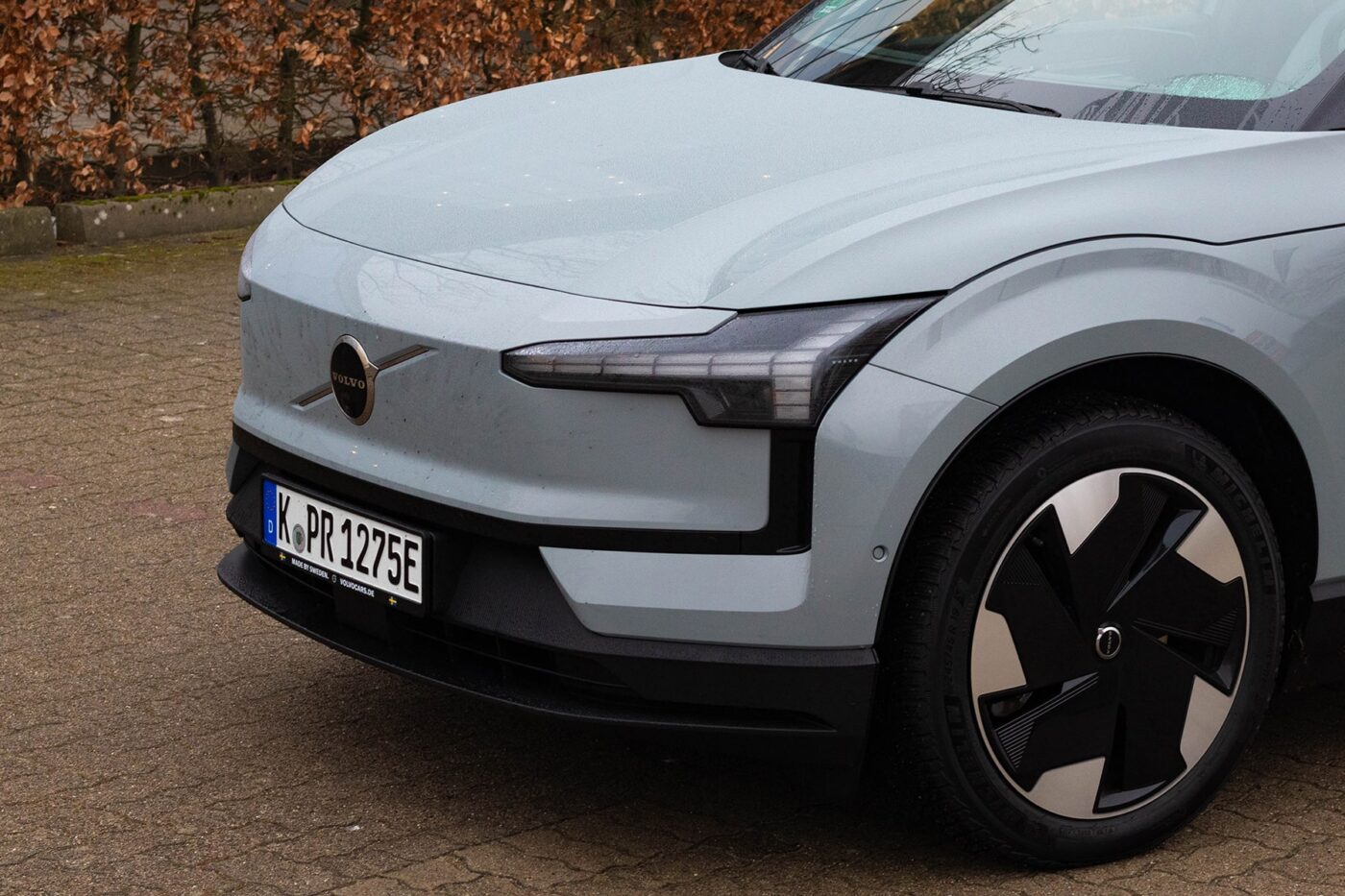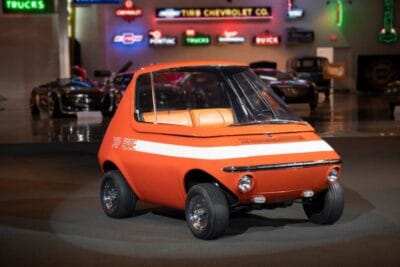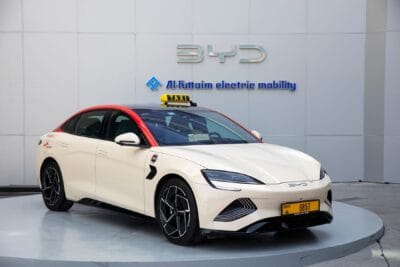7,893 new electric cars registered in Norway in May
7,893 electric cars were newly registered in Norway in May, according to the Norwegian Public Roads Administration (OFV). This is 2,158 fewer than in April and 2,880 fewer than in the same month last year.The BEV share of new passenger car registrations fell from 80.8 to 77.0 per cent compared to the same month in 2023.In April, the figure was 89.4 per cent.
The fact that the proportion of e-cars has fallen to such a low level is also due to the Norwegian market as a whole. With 10,253 new registrations across all drive types, this figure was also 23.2 per cent below the previous year, but new electric registrations fell more sharply by 26.7 per cent. In April 2024, 11,241 new cars were registered, of which over 10,000 were purely electric.
However, this also means that in May, 23 per cent of all new registrations in Norway, or 2,360 vehicles, had a combustion engine on board. The decline in plug-in hybrids already observed in previous months has continued, with 544 PHEVs, 50.2 per cent fewer than in May 2023. The PHEV market share in May 2024 was therefore only 5.3 per cent. In the current year, registrations of part-time electric vehicles have fallen by 64.8 per cent and the market share has dropped to 2.7 per cent.
Full hybrids, on the other hand, made gains: with 1,250 units, they achieved an increase of 20 per cent, which is mainly due to Toyota – more on this in a moment when looking at the individual models. Pure diesels were also unusually strong with 437 units and a market share of 4.3 per cent (3.0 per cent in the current year), while petrol models remained at their usual level with 129 units and a market share of 1.3 per cent.
The Volvo EX30 topped the model rankings in May with 791 new registrations, followed by the VW ID.4 (741) and the Tesla Model Y (690). The overall market development in Norway is also visible in the models: in 2023, the best-selling model (usually the Model Y at the time) was clearly in the four-digit range and the first runners-up also had a 1 at the top of their monthly results. At times, the Model Y accounted for more than 20 per cent of all new registrations in a month. In May 2023, the Model Y was still at 6.7 per cent, the Volvo EX30 at 7.7 per cent. Although this is still more than all plug-in hybrids or all combustion engines combined, it is still a visibly different situation than a year ago.
The Toyota Yaris, a small hybrid car with 609 new registrations, follows behind the three models mentioned. The hybrid SUV RAV4 is also in the top ten with 441 units, as is the all-electric Toyota bZ4X with 427 new registrations and the hybrid compact model Corolla (311). Toyota therefore achieved a strong result in May, outperforming models such as the Polestar 2 (333), VW ID.3 (331), MG4 (317), Hyundai Kona (308) and Audi Q4 e-tron (306). By contrast, the Skoda Enyaq, which still formed the top field with the Model Y and ID.4 in 2023, only managed 122 new registrations.
In the current year, the Model Y is still in the lead with 6,095 units thanks to strong results from the first quarter, but the EX30 (2,695) has already displaced the ID.4 (2,651) from second place. It is followed by the Toyota bZ4X with 2,270 units and more than 2,000 new registrations. For comparison: at the end of May 2023, the Model Y alone had over 12,300 registered vehicles.





0 Comments